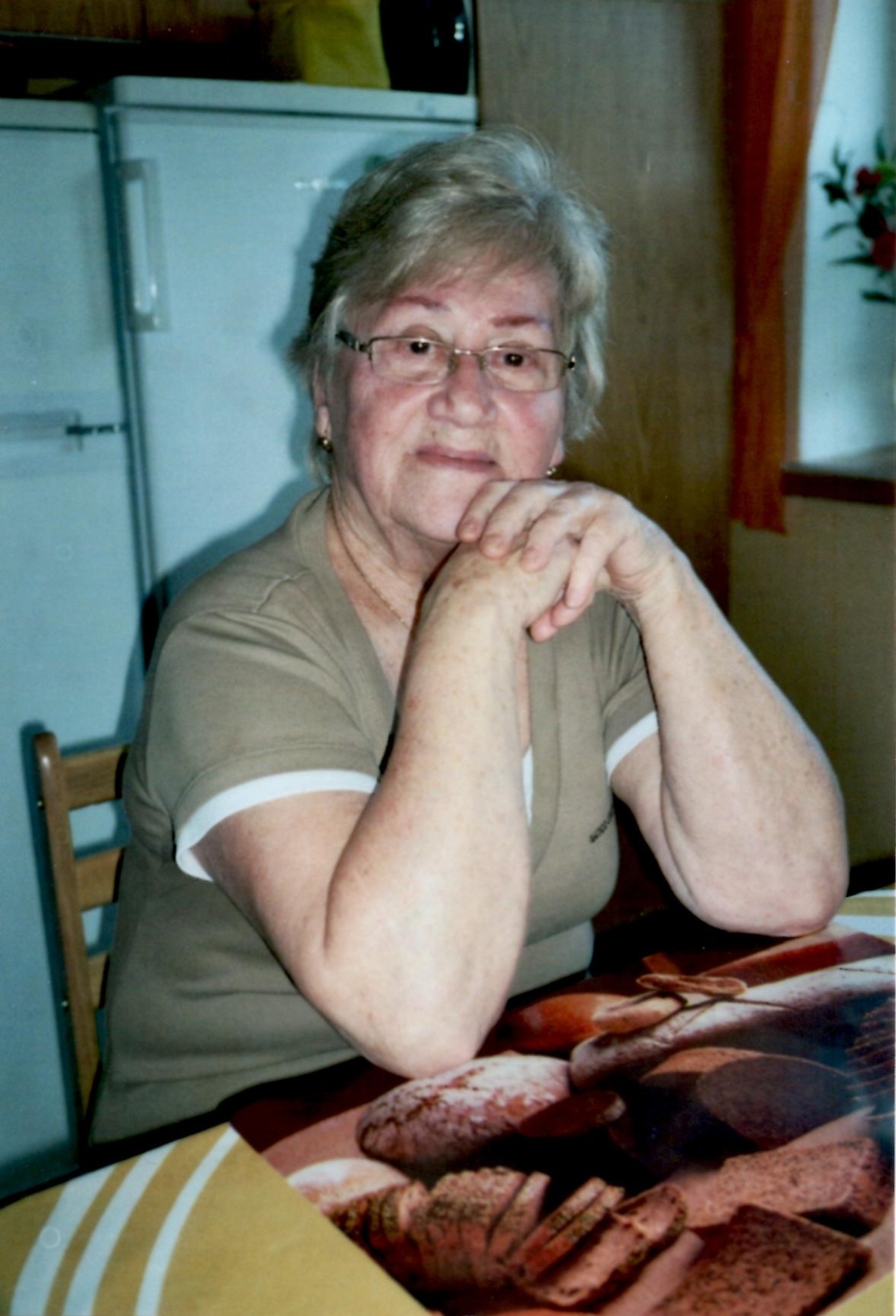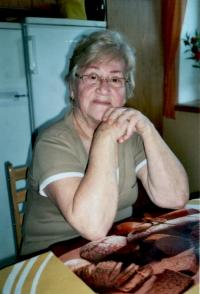I know how to appreciate life

Stáhnout obrázek
Valerie Hiadlovská was born on February 27, 1933, in the town of Nyíregyháza in northeastern Hungary. After a short time, the family moved to Budapest, where they were satisfied. Valerie and her four sisters often went on trips with their dad and each year they spent the holidays with their grandmother in Nyíregyháza. Since the summer of 1944, the situation started to deteriorate. The Allies were bombing Budapest and the Nazis consolidated their power in the state. Her parents therefore decided to keep the three youngest sisters safe at her grandma’s place and returned home only with Valerie and her eldest sister. After returning home, they kept experiencing frequent bombings. Valerie with her sister and mother found refuge in the nearby caves. The situation kept getting worse with the approaching Red Army. The house in which the family lived took some hits and partially collapsed. From Budapest, there was nowhere to go for them and so the family moved into a bunker that had been dug by her dad. Only hunger forced Valerie and her sister to leave the relative safety of the bunker from time to time. They obtained food most often from the field kitchens and sometimes from Hungarian and German soldiers. In November 1944, the Red Army arrived in Budapest and the fighting moved into the streets. When the Russians pushed the Germans out of the city, the family returned to their house after long months in the bunker. But that was not the end of their suffering. One evening a couple of drunken Russian soldiers raped her mother right in their apartment. After this, the family decided to leave to Nyíregyháza. At that point, they hadn’t received any information from the grandmother and the three younger children for seven months. Luckily, they had all survived intact. In Hungary, life was hard after the war and thus the family decided to move to Slovakia. On the way there, however, the plans changed and the family ended up in Kynžvart on the Czech side of the Czechoslovak border. None of the family members spoke Czech, so the beginnings were very difficult. Nevertheless, the father managed to get a job at a glass factory and after some time Valerie got a job, too. In 1950, she got married and together with her husband Josef, they started their own family. Life finally turned for the better and Valerie has spent a happy life.
